Hand dryer or paper towels? Choose the hygienic solution with us!


Drying hands after washing them is such an obvious and common activity that we hardly even notice we’re doing it. However, besides washing, it is crucial for maintaining hygiene. Wet hands can spread up to 1000 times more bacteria than dry hands. But how does this relate to the method of drying hands? Is it better to use electric hand dryers or paper towels? What are the pros and cons of both solutions?
Hand dryer vs. paper towels – which is more economical?
When it comes to which solution is more economical, there is no doubt. Hand dryers can save up to several thousand. According to a cost comparison between using paper towels and an electric hand dryer, assuming 200 people use them, the dryer saved up to 2000 PLN. Even greater savings were found in a comparison prepared by Dyson. The professional hand dryer manufacturer calculated that the annual cost of paper towels is $1460, whereas using a regular electric dryer costs only $157 per year. Their latest invention, the Dyson Airblade Tap, which is a dryer with a faucet, performed even better with a cost of only $48.
The economic solution applies not only to money. Another aspect is the effectiveness of drying hands and saving time. In these categories, the hand dryer undoubtedly performs better, especially the jet dryer. With it, hands can be completely dry in 7 to 15 seconds.
Hand dryer or paper towels?
This brings us back to the question of which solution is better: paper towels or automatic hand dryers. Let’s consider the pros and cons of both solutions.
Electric hand dryer – 3 proofs of superiority over paper towels!
First, electric hand dryers are cheaper. The scale of savings has already been outlined above. Some estimates even suggest that an electric hand dryer can save up to 99% of the costs compared to using paper towels. The difference stems primarily from the fact that paper towels need to be constantly replenished. This not only requires money to purchase them but also to pay someone to do it. Costs rise when we consider the prices of bags and trash cans, which are essential when using paper towels, as well as paper towel dispensers to protect them from getting wet. With hand dryers, there is also no problem of cleaning up scattered and partially wet towels. We also avoid losses because, while it is assumed that one person uses about 2 paper towels to dry their hands, practice quickly disproves this assumption. In reality, one person can use up to several folded paper towels or a significant portion of a paper towel roll.
This brings us to the second advantage of electric hand dryers over paper towels. Electric hand dryers are virtually maintenance-free. Once the dryer is mounted on the wall, it requires no attention from the owner. In contrast, paper towels need to be ordered, transported, loaded into dispensers, cleaned up, discarded, and disposed of. Each of these activities also incurs costs.
Thirdly, automatic hand dryers are more environmentally friendly. This is confirmed by scientists. A study by World Dryer on 102 electric hand dryers installed in public schools in Topeka, Kansas, USA, showed annual savings of 34.5 tons of solid waste, 690,000 gallons of water, and 587 trees. Another World Dryer study involving 153 hand dryers in the capital city of Iowa found annual savings of 10.5 tons of solid waste and 176 trees.
An automatic hand dryer also means lower carbon dioxide production. The production of one paper towel releases 30g of carbon dioxide into the atmosphere. We use at least two towels. Meanwhile, even older types of automatic dryers produce about 21-85g of carbon dioxide during one drying session.
Paper towels – why are they still popular?
Despite being a cheaper and more environmentally friendly solution, electric hand dryers are still less preferred than paper towels. This may be partly due to scientific studies presented in the media. It cannot be denied that these studies still point to paper towels as the more hygienic method of drying hands. The European Tissue Symposium, representing paper towel manufacturers, often cites a study conducted by microbiologists Dr. Patrick Kimmitt and Keith Redway from the University of Westminster. The study focused on the transmission of viruses through the use of jet dryers, warm air dryers, and paper towels. The media reports that the study found:
- Jet dryers spread more virus particles over greater distances and at different heights compared to other methods.
- There was also a significantly higher number of airborne viruses. According to the researchers, jet dryers produced an average of 60 times more viral particles than warm air dryers and over 1300 times more than paper towels.
It is important to note that Dyson's chief microbiologist pointed out methodological errors in the cited studies. They also seem to ignore the fact that the latest hand dryers, especially jet dryers, are equipped with HEPA filters that clean the blown air of 99.9% of viruses and bacteria, which could change the study results. The neutrality of the scientists, who previously conducted research commissioned by the ETS, is also questioned.
In the debate over the superiority of electric hand dryers over paper towels, scientists agree on one thing: the key issue is to dry your hands after washing, whether with paper towels or an electric dryer is less important.
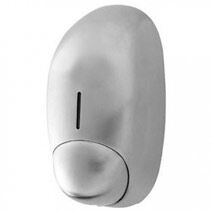

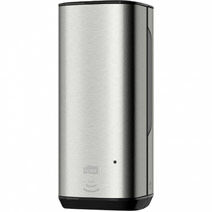
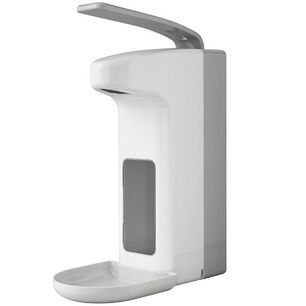
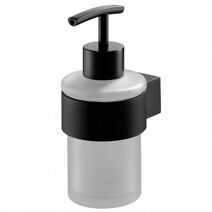
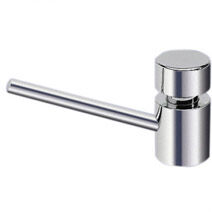
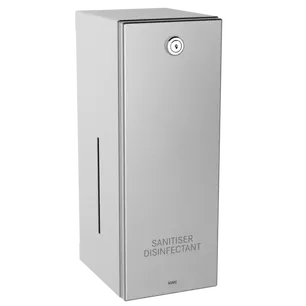

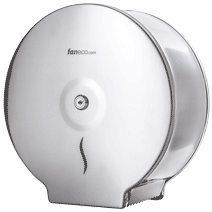

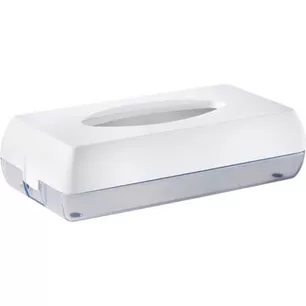
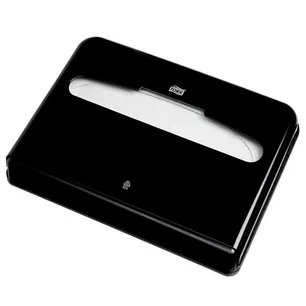
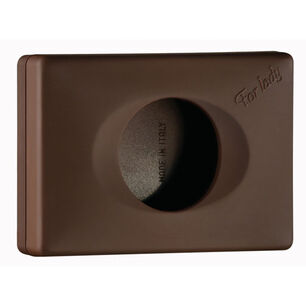
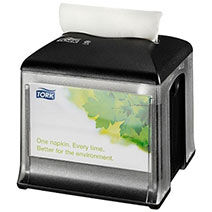

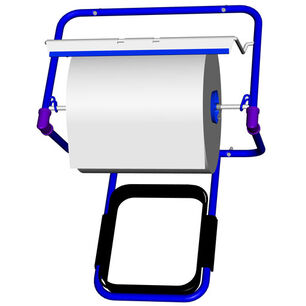
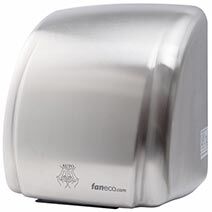
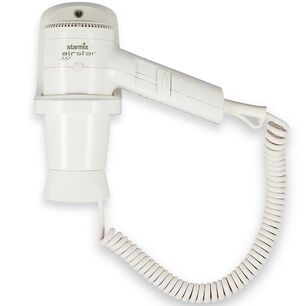
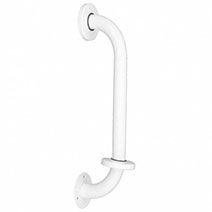
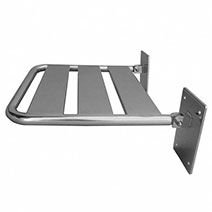
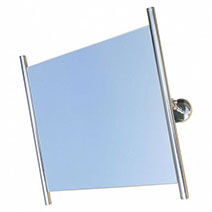
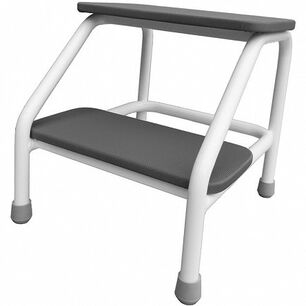
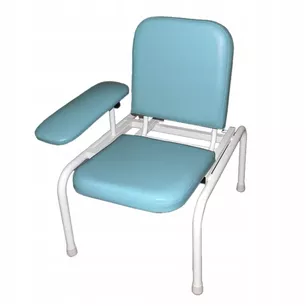
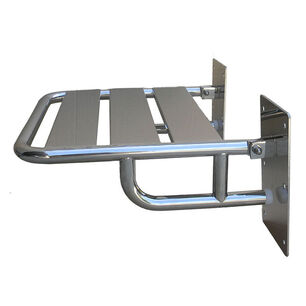



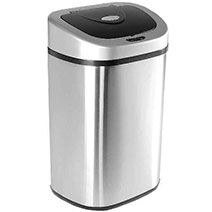
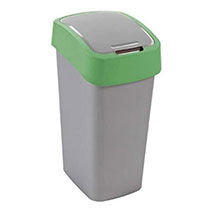
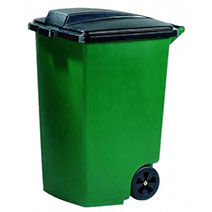


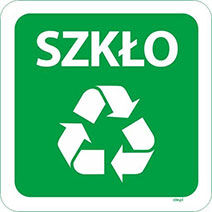
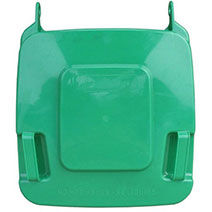
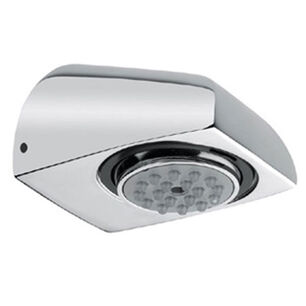
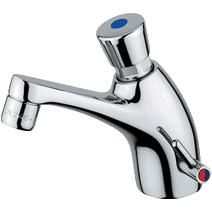
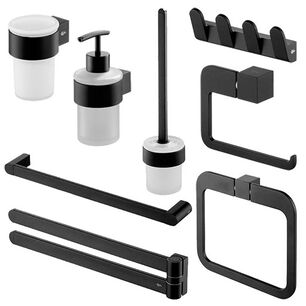
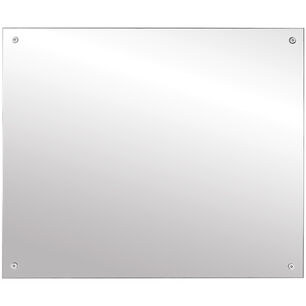
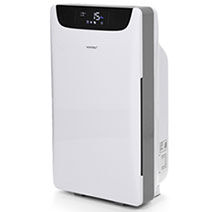
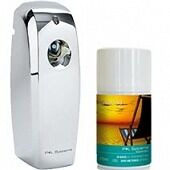

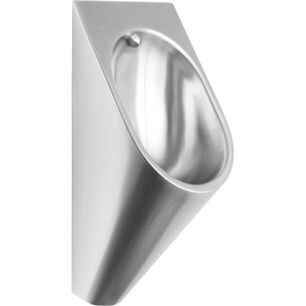
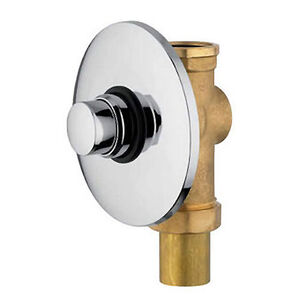
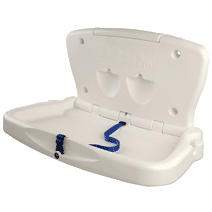
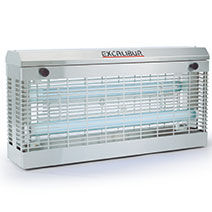
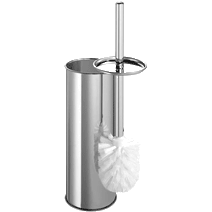
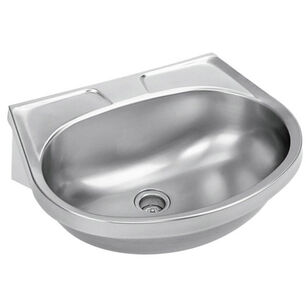
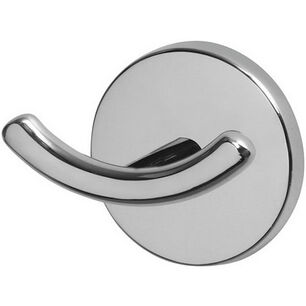
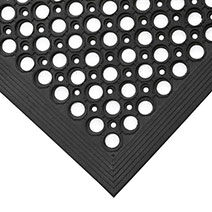
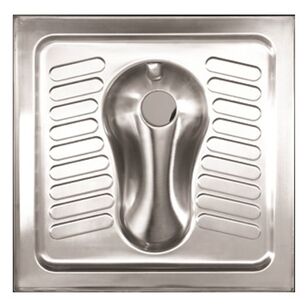
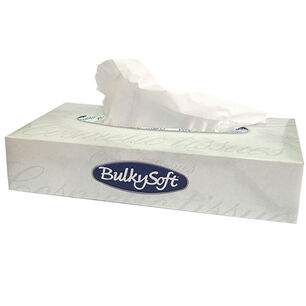
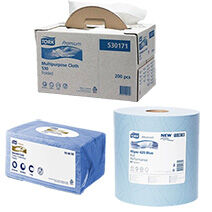
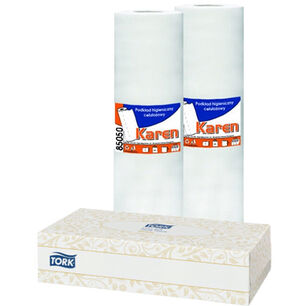
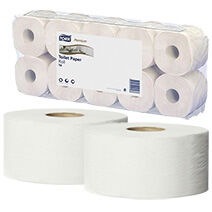

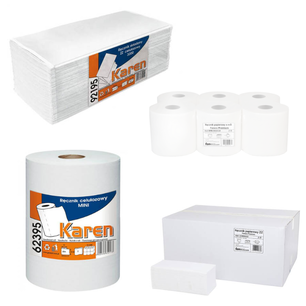
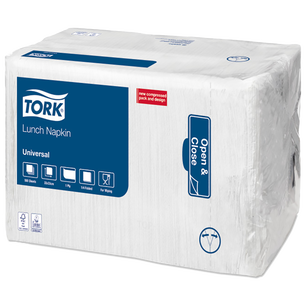
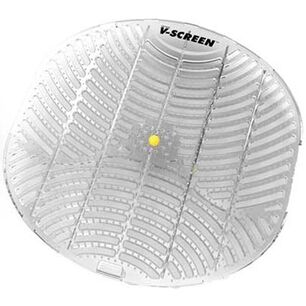
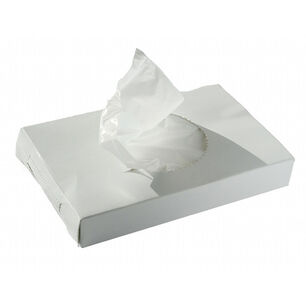
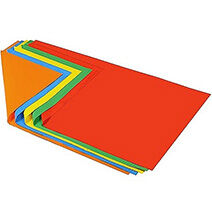
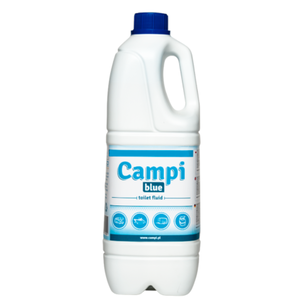
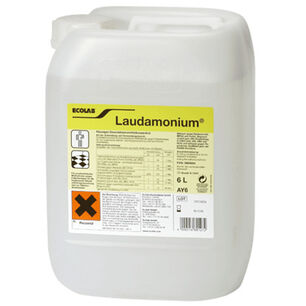
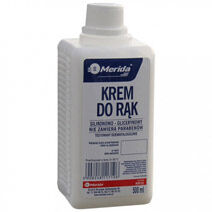
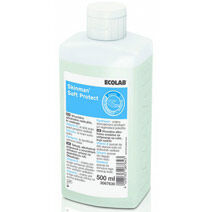
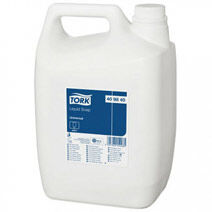
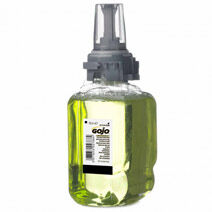
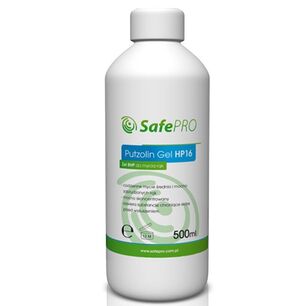
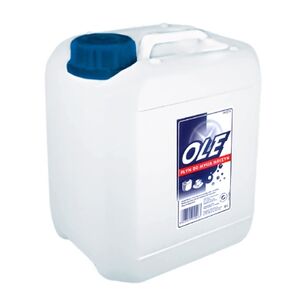
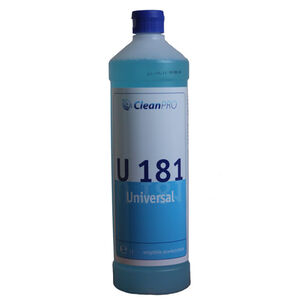
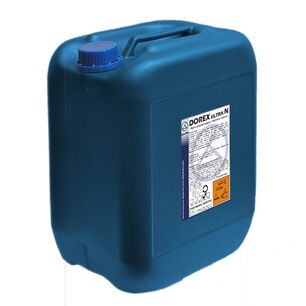
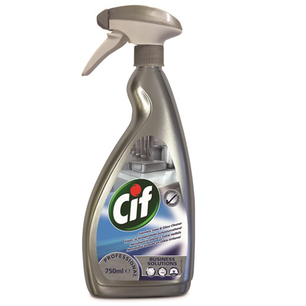
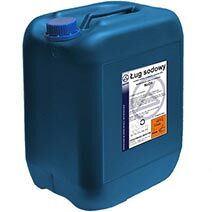

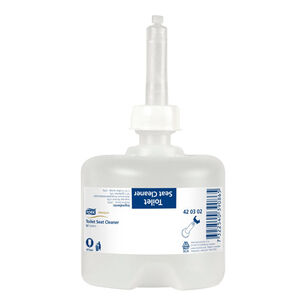
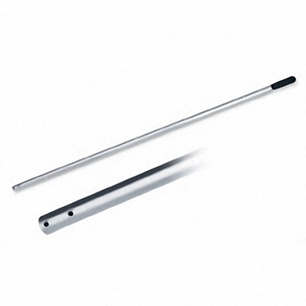
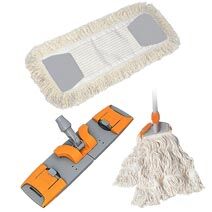

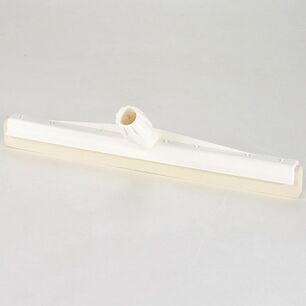

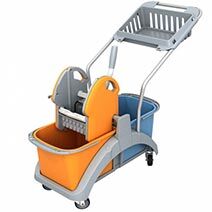
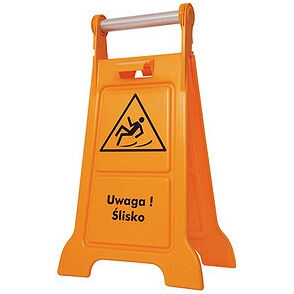

 Polski
Polski
 Czech
Czech
 German
German
 Spanish
Spanish
 Slovak
Slovak